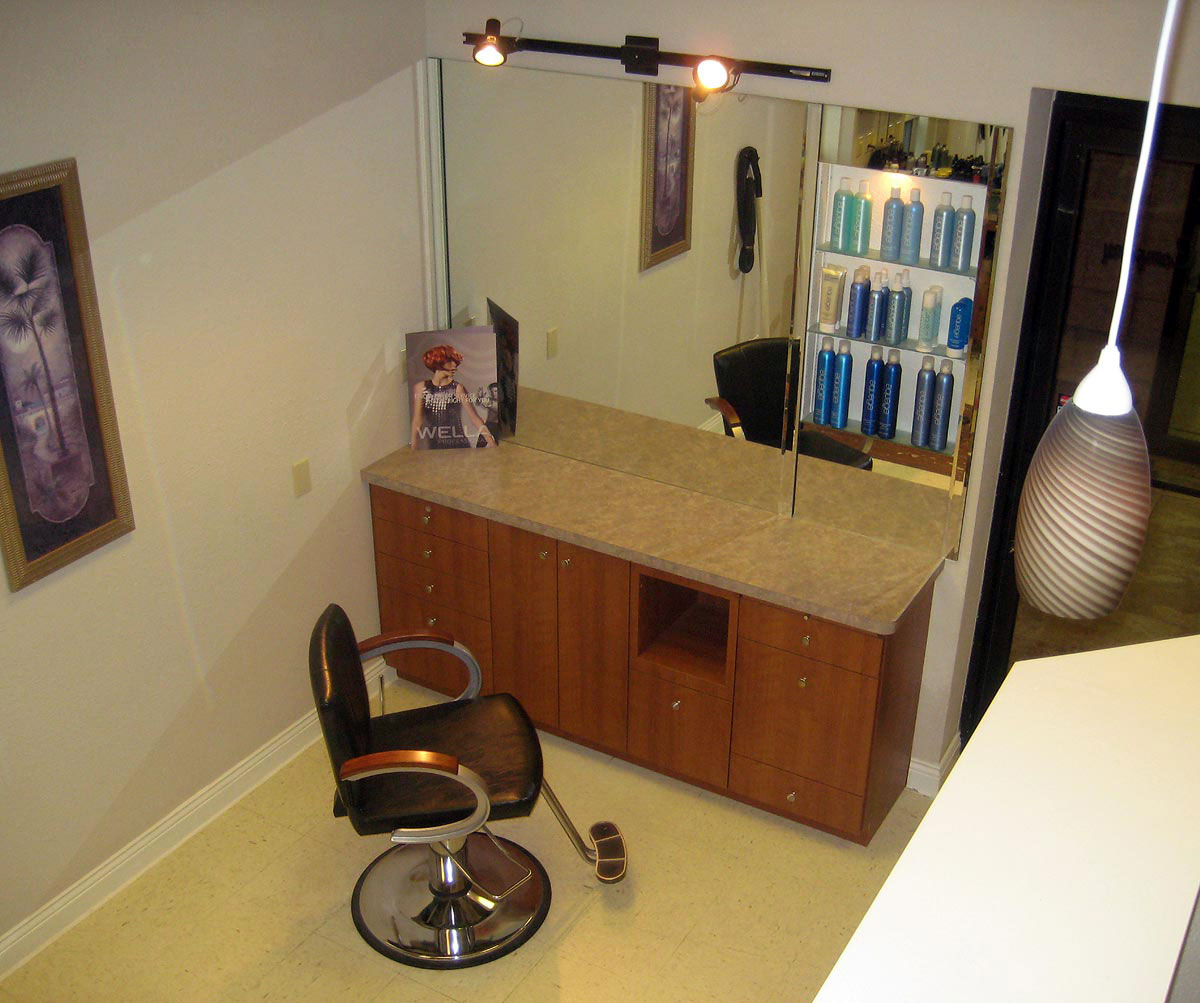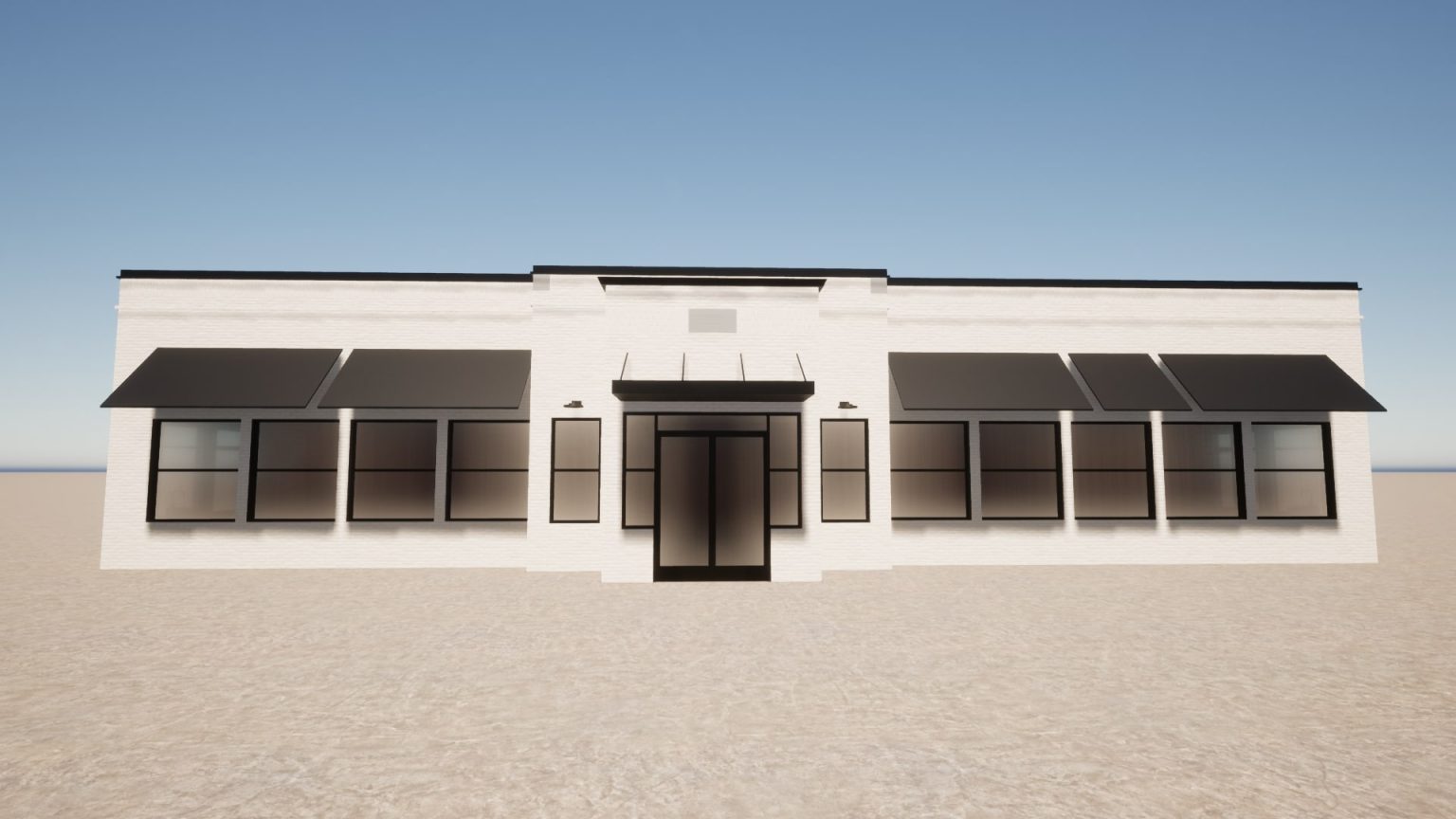High-end Salon Suites for Your Beauty Business
High-end Salon Suites for Your Beauty Business
Blog Article
Strategic Choices: Evaluating the Benefit of Leasing Versus Owning a Hair Salon Area to Optimize Long-Term Success and Financial Stability
When it comes to establishing a beauty salon company, one of the essential decisions that owners need to carefully consider is whether to lease or have the area in which they run. The selection between renting and owning a beauty salon area can have a considerable influence on the lasting success and economic health of the company.

Pros and Disadvantages of Leasing
When thinking about the choice between renting a hair salon room or possessing one, it is vital to consider the benefits and drawbacks of leasing to make an educated choice. One key benefit of leasing a beauty salon space is the adaptability it supplies. Leasing enables salon proprietors to check different locations or upscale their organization without the dedication of a long-term mortgage. Furthermore, renting generally entails less in advance expenses, making it a more accessible alternative for new beauty salon owners or those with budget plan constraints.

Financial Aspects to Consider

Considering the monetary effects of renting a beauty salon area versus possessing one is essential for making a knowledgeable organization choice. When assessing the monetary variables, it is crucial to evaluate the preliminary prices related to each option. Renting a beauty salon area commonly calls for a down payment and regular monthly lease settlements, whereas possessing entails a down payment, mortgage payments, building tax obligations, and maintenance expenses.
Moreover, the lasting economic ramifications differ between renting out and having. On the other hand, owning a salon room provides prospective equity growth and the opportunity to build properties.
Renting out may use reduced upfront prices, enabling you to designate more sources to advertising and marketing and business development. Assessing these economic factors comprehensively will assist you make a critical decision that enhances your hair salon's long-term success and financial feasibility.
Functional Adaptability and Control
Optimal operational effectiveness plays a critical role in identifying the balance between versatility and control when determining between renting and having a hair salon room. Renting a hair salon room supplies intrinsic flexibility as it permits much easier modifications to changing market conditions, customer preferences, or business needs. This flexibility is particularly beneficial for new hair salon owners or those looking to examine various places before committing long-term. In addition, renting out supplies the benefit of not click to find out more being restrained to a particular residential property, allowing simpler relocation if essential.
On the other hand, owning a salon space offers a greater sense of control over the property and its operations. Proprietors have the flexibility to customize the space important site to their taste, carry out long-lasting techniques without the risk of lease terminations, and possibly develop equity in time. However, possession also features obligations such as residential property maintenance, insurance, and real estate tax, which can influence the general economic commitment.
Inevitably, the decision between renting out and owning must take into consideration the preferred level of functional adaptability and control that aligns with the beauty parlor's long-term objectives and vision.
Investment Prospective in Possession
Offered the operational considerations talked about earlier, exploring the investment possibility in salon ownership sheds light on the financial implications and long-term benefits that feature owning a salon area. Beauty parlor possession provides an one-of-a-kind possibility for business owners to construct equity and properties gradually. By buying a beauty parlor space, owners have the potential to profit from property gratitude, which can act as a useful property over time. In addition, possessing a hair salon gives stability in terms of set mortgage settlements, using predictability in financial planning contrasted to changing rental rates.
Furthermore, ownership permits greater control over the area, making it possible for owners to personalize and customize the salon to their particular brand name and vision without the restraints frequently imposed by proprietors. This level of control can enhance the general consumer experience and brand name identity, potentially causing boosted customer retention and company development.
In terms of investment potential, having a salon room can likewise open chances for extra earnings streams, such as leasing extra room to various other elegance specialists or incorporating retail sales within the salon. Salon suites. These diversified income sources can add to the total economic wellness and sustainability of the organization
Long-Term Security and Development
With a concentrate on sustainability and growth in time, establishing long-term security and cultivating development click for source are essential elements of beauty salon ownership. To ensure long-term security, hair salon proprietors should thoroughly consider factors such as area, market fads, and monetary planning. Picking in between leasing and owning a salon room plays a considerable function in determining the organization's development potential.
Renting out a salon space supplies adaptability and lower preliminary prices, allowing owners to allot resources towards improving solutions and advertising and marketing efforts. By owning the area, hair salon owners have more control over personalizing the building to match their brand and can profit from lasting asset growth.
Eventually, the decision in between leasing and having a hair salon room should align with the owner's long-term business goals and monetary goals. Whether focusing on adaptability or equity structure, a strategic approach to residential or commercial property ownership can dramatically impact the beauty salon's stability and growth trajectory.
Conclusion
To conclude, the decision between renting and having a beauty parlor space requires a cautious evaluation of economic aspects, functional versatility, financial investment capacity, and long-lasting stability. Both options come with their very own collection of benefits and negative aspects, and it is essential for salon owners to weigh these variables to enhance long-lasting success and monetary practicality. Barbershop. Inevitably, the option between renting and owning need to be based upon a detailed evaluation of individual organization objectives and scenarios
Report this page